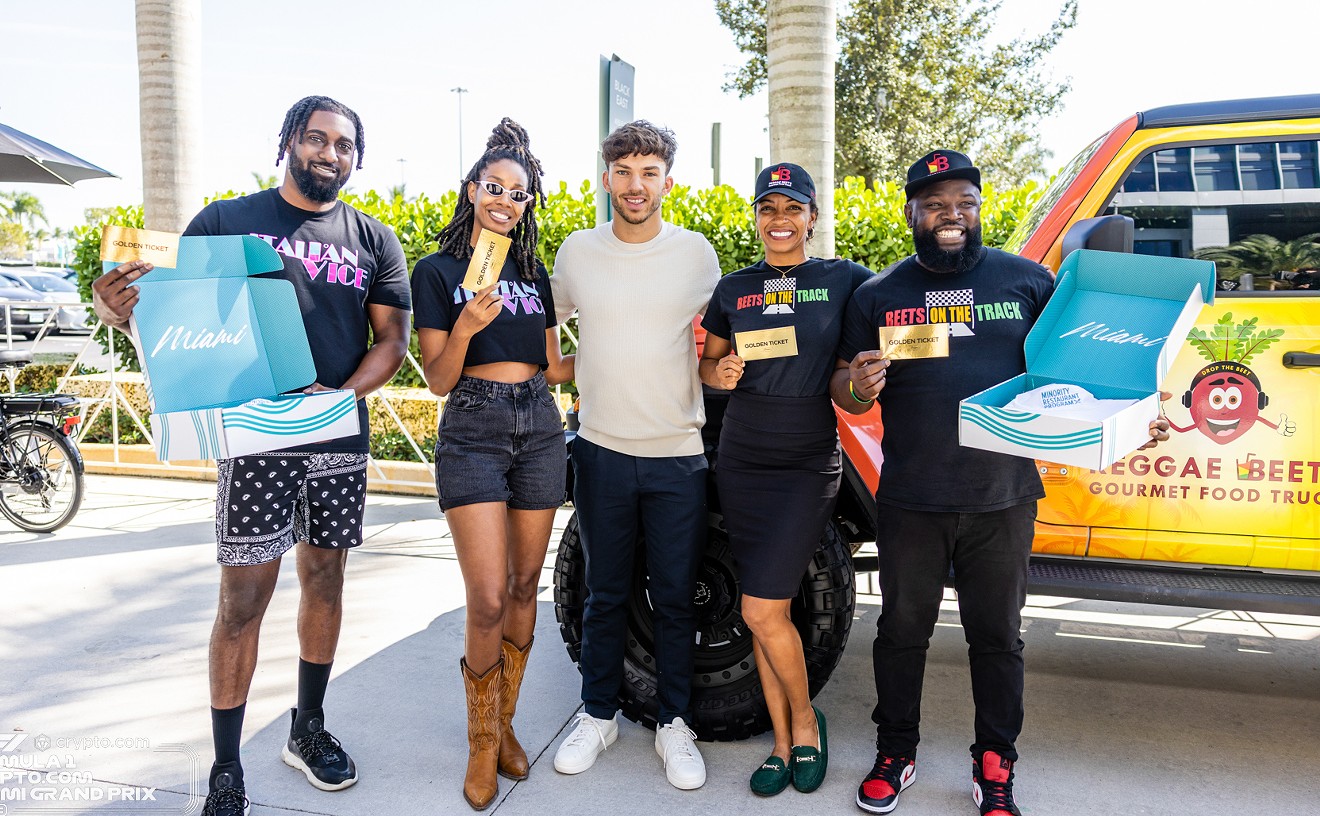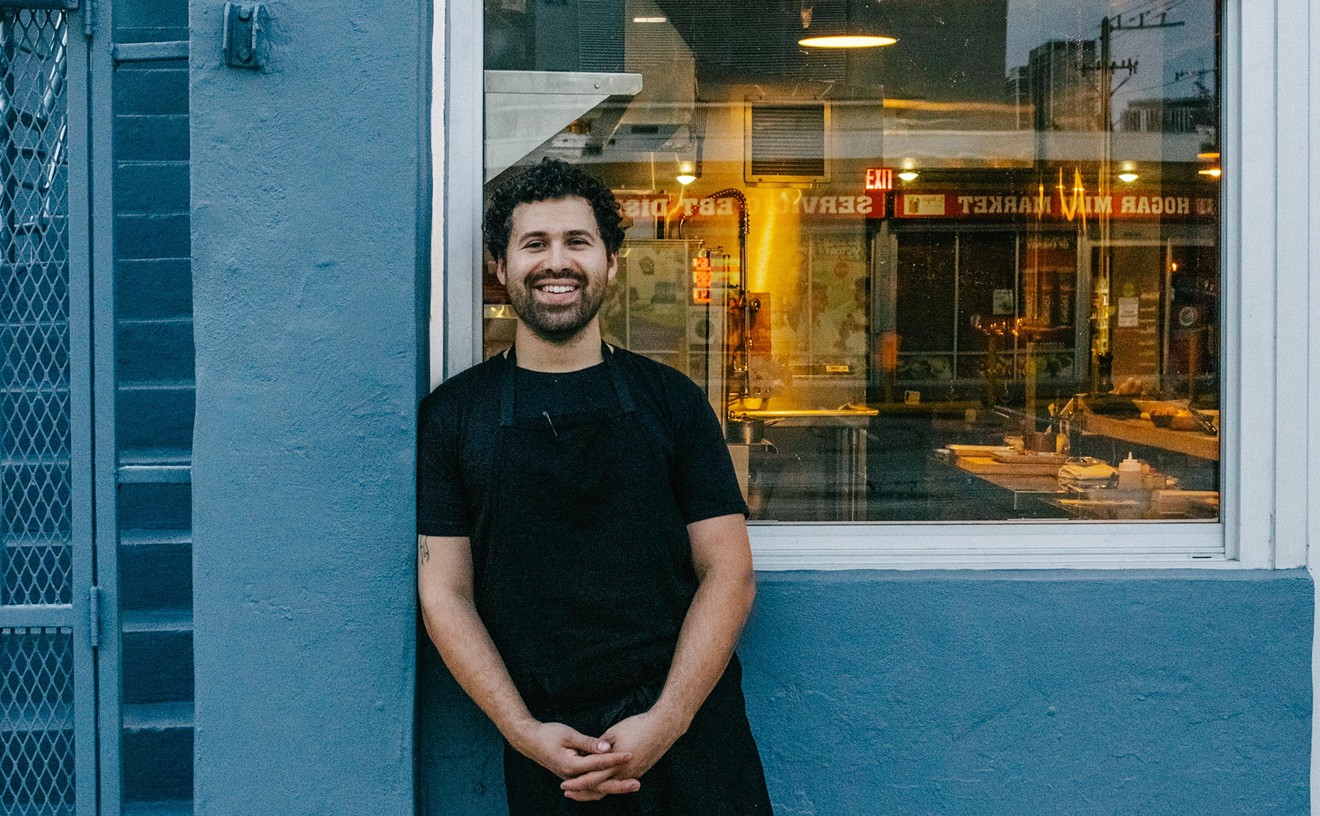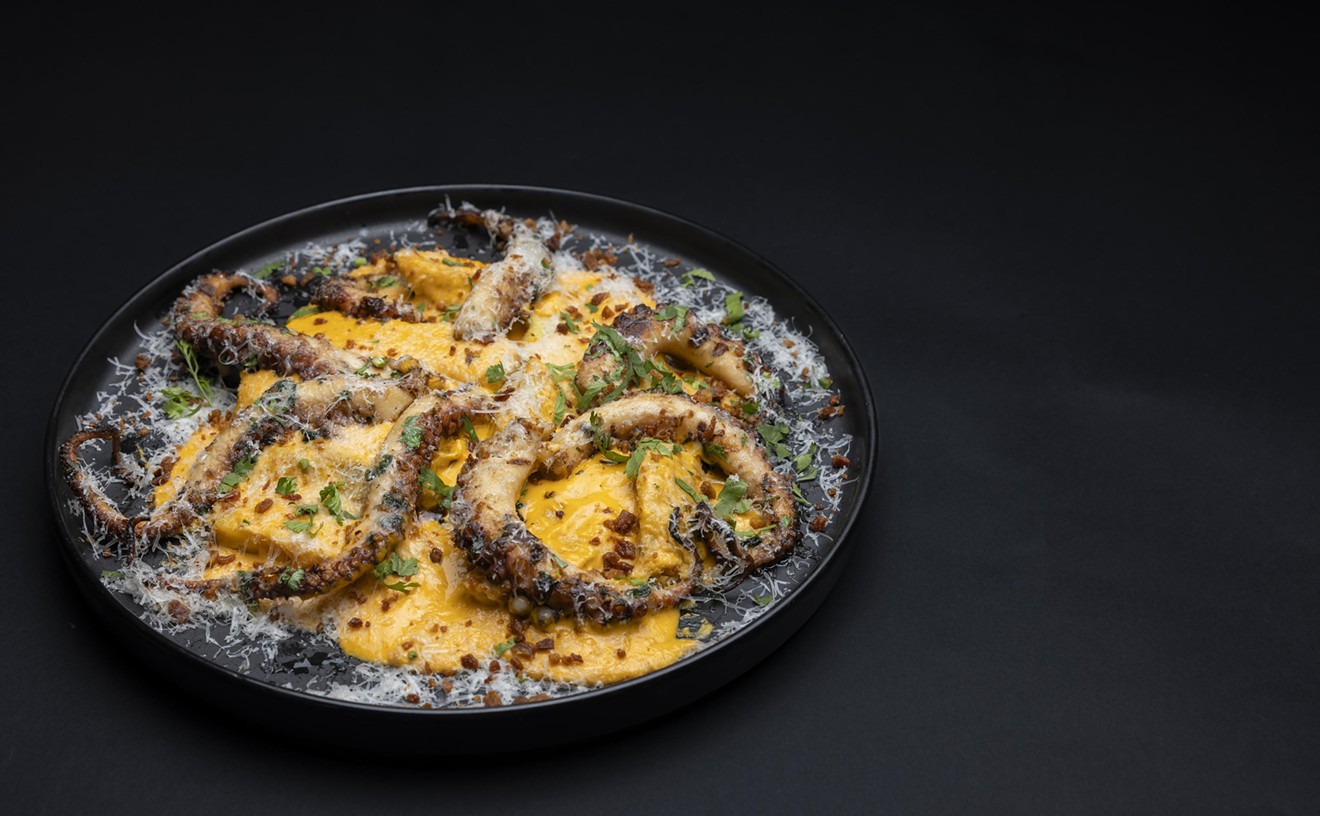When we first heard of Marler Clark, the "food safety law firm," we pictured a dozen ambulance chasers strategically posted outside of establishments that served spinach in large quantities throughout the day. After a few conversations with Bill Marler, however, we realized that our assumption couldn't be further from the truth.
Marler is as passionate about preventing foodborne illness as he is about ensuring that victims are compensated for their medical bills, loss of wages, and decreased quality of life. He has petitioned the USDA for stricter food safety regulations, he works with nonprofit food safety organizations, and he helped push through the FDA Food Safety Modernization Act. He also helms the Marler Blog, which he uses as his pulpit and comments about food safety issues, food poisoning outbreaks, and litigation.
We spoke with Marler about food safety, corporate responsibility, and some of his biggest cases.
Follow the jump for part one of our Q&A.
Short Order: How did you become involved in food safety?
Bill Marler: During the 1993 Jack in the Box E. coli outbreak, I was contacted by the family of Brianne Kiner, the most seriously-injured survivor of the outbreak. I represented Brianne and dozens of other E. coli outbreak victims in claims against Jack in the Box, its parent company, and its meat supplier. While that litigation was wrapping up, I was contacted by the family of a child who had become ill with an E. coli infection after drinking Odwalla apple juice. I wound up representing several other victims of the Odwalla E. coli outbreak and other E. coli, Salmonella and Listeria outbreaks across the country. The sole focus of my practice soon became foodborne illness cases, and I haven't looked back.
What are the major food safety issues facing us today?
Today we see more and more outbreaks traced to fresh produce. The major culprits we've seen in the last several years are cantaloupes, sprouts and leafy greens--foods that are not cooked and therefore do not go through a "kill step" before being consumed. We see an emphasis on eating local food and knowing the farmer who grows your food. Just because you can look a farmer in the eye doesn't mean his or her food is implicitly safer. We've seen dozens of people--mostly children--sickened in 2012 alone because they drank raw (unpasteurized) milk produced at a small, organic farm.
On a national level, the Food Safety Modernization Act, which was signed into law by President Obama last year, still lacks funding. Call it election-year politics, but it can't go into effect until the White House Office of Management and Budget does its job. FSMA would give the FDA more tools to ensure the safety of our food supply. It was supported widely by both consumers and the food industry. There's no reason it shouldn't have gone into effect months ago.
In the past, when you brought a foodborne illness case against a huge corporation, have you found them to take responsibility immediately, or would you have to litigate in order to force them into taking accountability?
Food companies respond to claims in different ways. Some are very proactive and pay for clients' medical bills right away. Others hold off until verdicts or settlements are reached. In most cases, it's not the company that's making the decision. Many of these cases involve multi-party complex litigation, where we're dealing with a manufacturer, distributor and retailer--all of which have two to three layers of insurance coverage. Determining who pays what is no simple matter.
If a company buys contaminated product, such as spinach, why are they responsible as opposed to the supplier?
If a company buys contaminated product and sells it, that company is part of the chain of distribution and therefore warrants its product to be fit for a particular use--in this case, human consumption. Retailers, distributors and manufacturers of contaminated food can all be held liable for selling food contaminated with human pathogens. Each party's portion of fault for selling a contaminated product is determined during the course of litigation, and responsibility for compensating victims is apportioned accordingly. The only case in which a retailer would be held solely responsible for damages is if the product could not be traced back farther down the chain or distribution.
Check in on Thursday for part two of our interview with Marler.
Follow Ily on Twitter @realily.
Follow Short Order on Facebook and Twitter @Short_Order.









